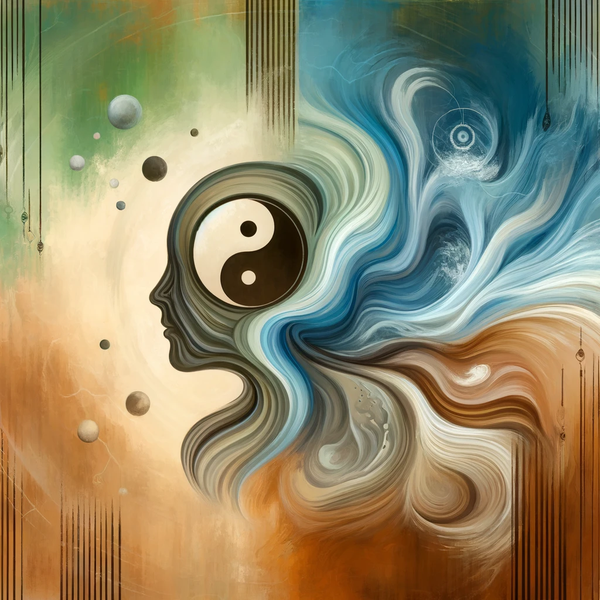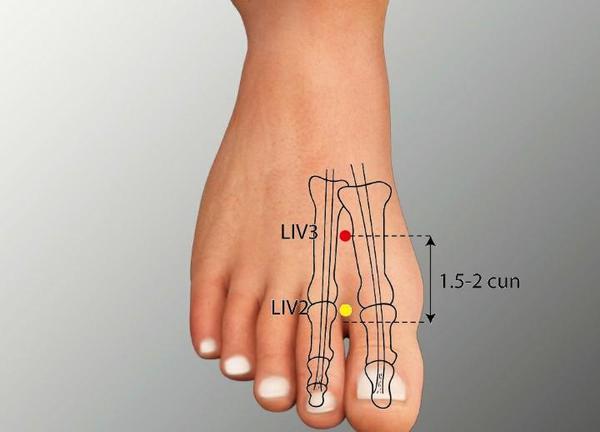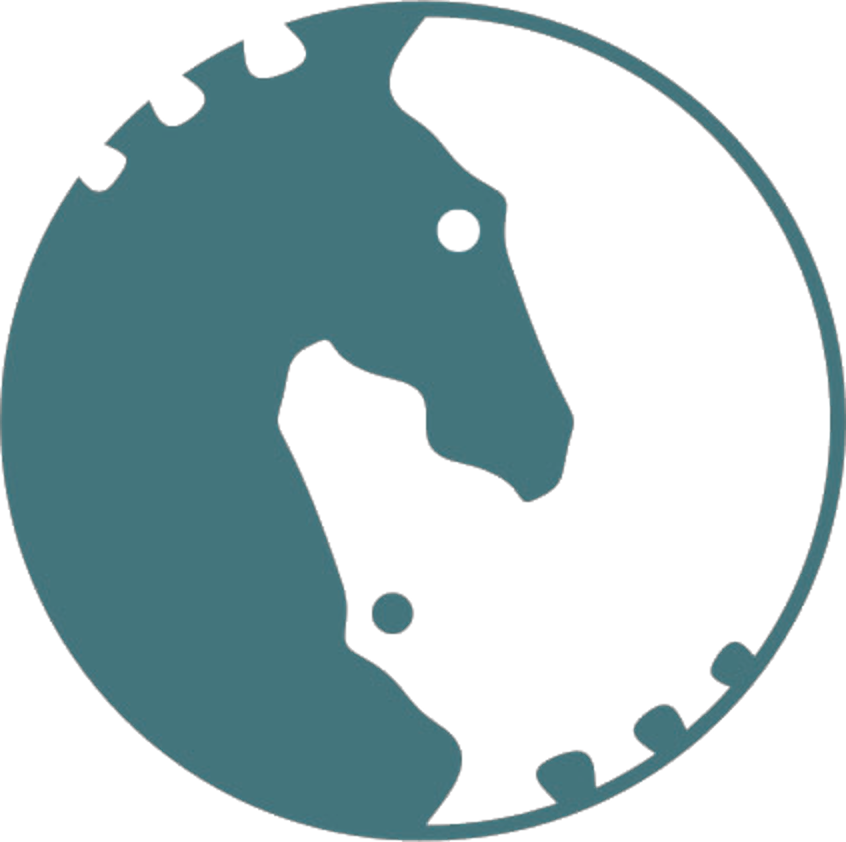
The Hun and Po Spirits

Written by admin
The Hun and the Po: The Yin and Yang of the Spirit
In Traditional Chinese Medicine (TCM), the Hun and the Po are two aspects of the spirit that are intimately connected to our emotions, mental well-being, and overall vitality.
Hun (Ethereal Soul): The Hun is associated with the Liver and represents the ethereal, yang aspect of the spirit. It governs our consciousness, dreams, and aspirations, guiding us in setting and achieving goals. An imbalanced Hun can lead to symptoms like irritability, insomnia, or feelings of being stuck in life.
Po (Corporeal Soul): The Po is associated with the Lungs and represents the corporeal, yin aspect of the spirit. It embodies our physical presence and instincts, connecting us to the earth and our primal nature. An imbalanced Po can manifest as feelings of fear, anxiety, or disconnection from the body.
The Liver and Emotional Balance:
In Traditional Chinese Medicine (TCM), the Liver is considered the “General” of the body, responsible for the smooth flow of Qi (vital energy) and Blood. It plays a pivotal role in emotional well-being and can be influenced by imbalances in the Hun and Po.
This correlates with the Western View of the Liver:
- Metabolism:
- The liver helps in metabolizing carbohydrates, proteins, and fats. It converts excess glucose into glycogen for storage and releases it when energy is needed. It also processes amino acids and breaks down fats into fatty acids.
- Detoxification:
- The liver detoxifies harmful substances like drugs, alcohol, and metabolic waste products. It converts these toxins into less harmful forms for elimination from the body.
- Bile Production:
- The liver produces bile, a fluid that helps digest fats in the small intestine. Bile is stored in the gallbladder and released into the digestive tract during digestion.
- Storage of Nutrients:
- The liver stores essential vitamins and minerals, such as vitamins A, D, E, K, and B12, as well as iron and copper. It helps regulate the supply of these nutrients to the body.
- Regulation of Blood Sugar Levels:
- The liver helps maintain stable blood sugar levels by converting excess glucose into glycogen for storage and releasing it when the body needs energy.
- Synthesis of Plasma Proteins:
- The liver produces various plasma proteins, including albumin, which helps maintain blood volume and pressure, and clotting factors, which are essential for blood coagulation.
- Immune Function:
- The liver contains specialized immune cells called Kupffer cells that help remove bacteria and other pathogens from the bloodstream. It plays a role in the body’s immune response.
- Cholesterol Regulation:
- The liver produces cholesterol, which is used to create hormones, vitamin D, and bile acids. It also regulates cholesterol levels by converting excess cholesterol into bile acids for excretion.
- Conversion of Ammonia to Urea:
- Ammonia, a toxic byproduct of protein metabolism, is converted to urea in the liver, which is then excreted through the kidneys in urine.
- Breakdown of Hormones:
- The liver helps break down hormones like insulin, estrogen, and cortisol, regulating their levels in the body.
TCM Strategies for Liver Health:
Balancing Hun and Po: TCM treatments aim to harmonize the ethereal and corporeal aspects of the spirit. Practices like meditation, Qi Gong, and acupuncture can help achieve this balance.
Liver-Cleansing Foods: Incorporate liver-nourishing foods into your diet, such as leafy greens, beets, and bitter herbs like dandelion.
Herbal Formulas: TCM offers herbal formulations to support liver health and emotional balance. Consult a TCM practitioner for personalized recommendations.
Acupuncture Point Location
Liver 3 (Taichong):
- Located on the top of the foot, in the depression between the first and second toes, about two finger-widths from the base of the big toe. This point is commonly used to promote liver function, reduce stress, and balance energy flow in the liver meridian.
Emotional Self-Care:
Mindfulness: Practice mindfulness techniques to stay present and grounded.
Journaling: Keep a journal to express your emotions and aspirations, allowing the Hun to find its voice.
Nature Connection: Spend time in nature to nurture your Po and foster a deep sense of connection.
Conclusion:
Understanding the Hun, the Po, and their relationship with liver health provides valuable insights into the mind-body connection. By incorporating TCM principles and practices into your life, you can cultivate emotional balance, support your liver, and thrive in both body and spirit.

Related Articles
Related
Micro- Needling Facial Rejuvenation
Micro Needling and Nano Needling Microneedling has become an extremely popular skin procedure across the world to target dark spots, visible pores and wrinkles. How Micro-needling works Microneedling is a minimally invasive procedure that uses fine needles to make...
Hello world!
Welcome to WordPress. This is your first post. Edit or delete it, then start writing!
Follow Us
Join
Subscribe For Updates & Offers
Lorem ipsum dolor sit amet, consectetur adipiscing elit. Aenean scelerisque suscipit condimentum. Vestibulum in scelerisque eros. Fusce sed massa vel sem commodo.

